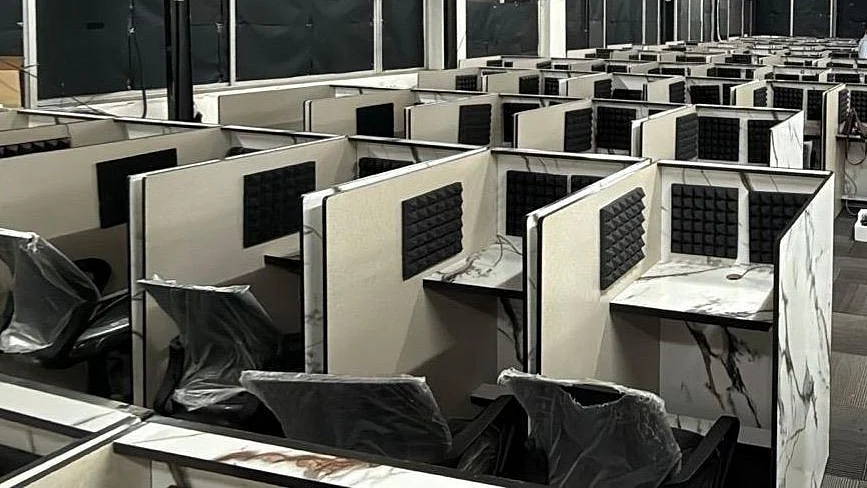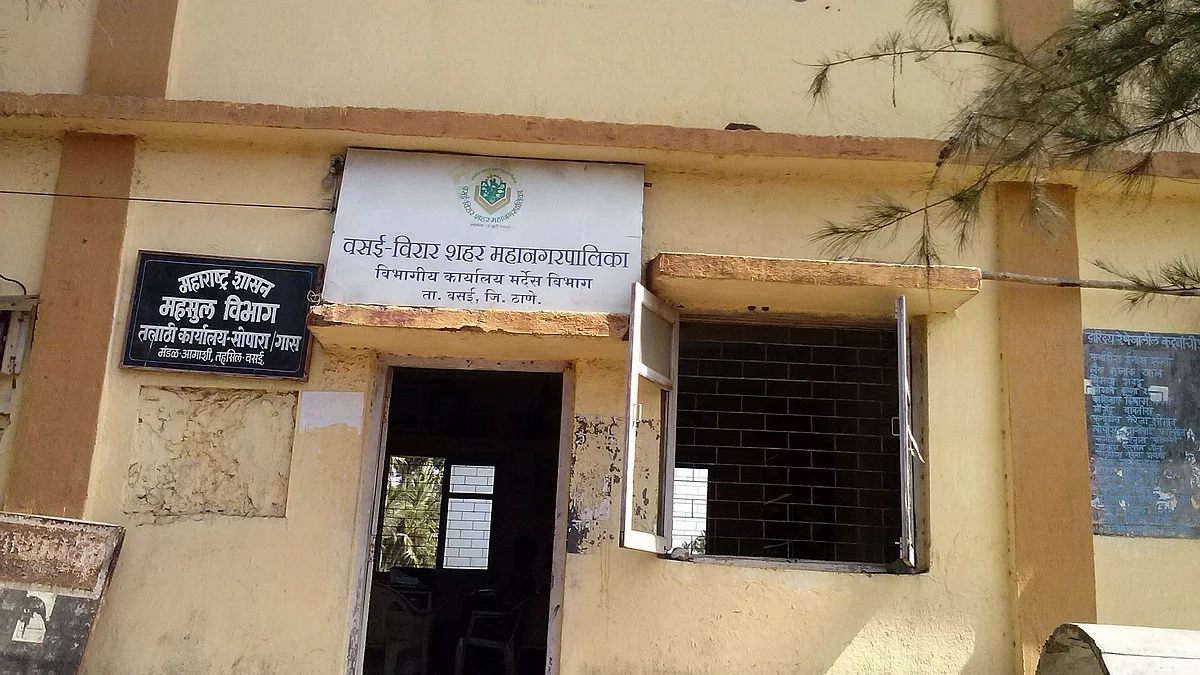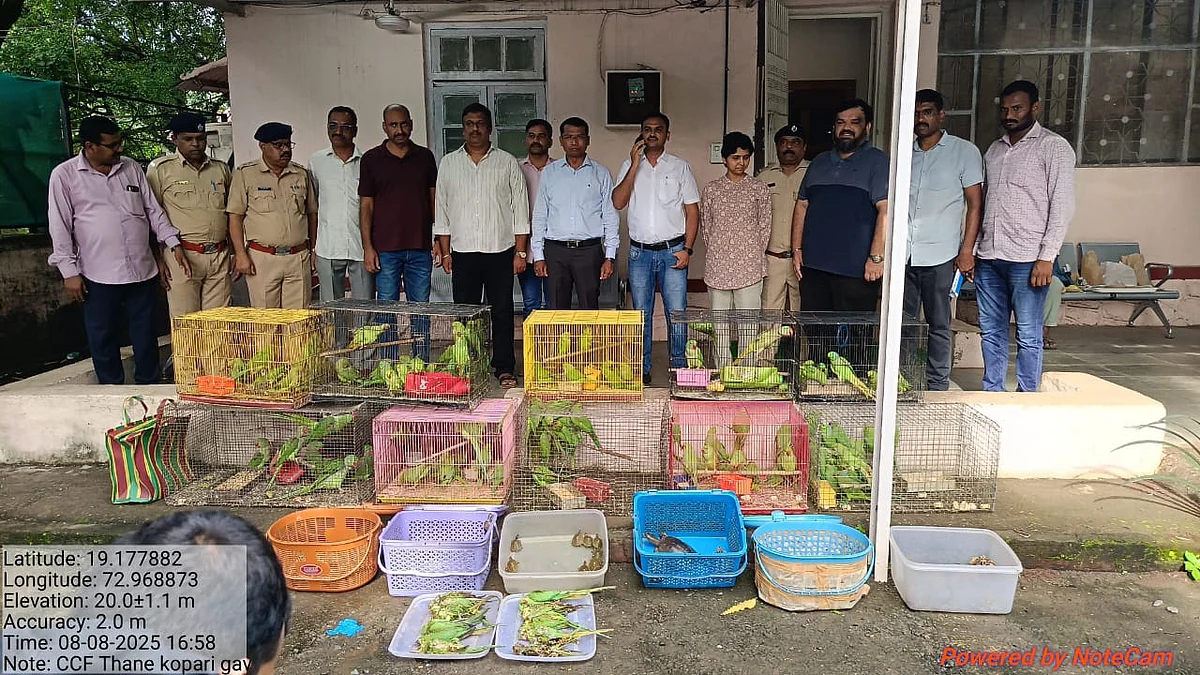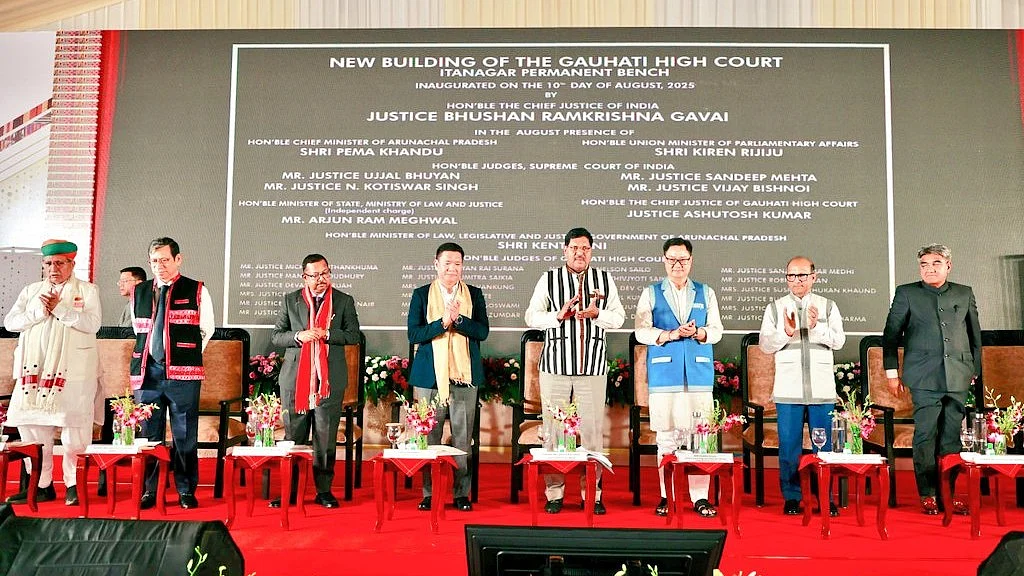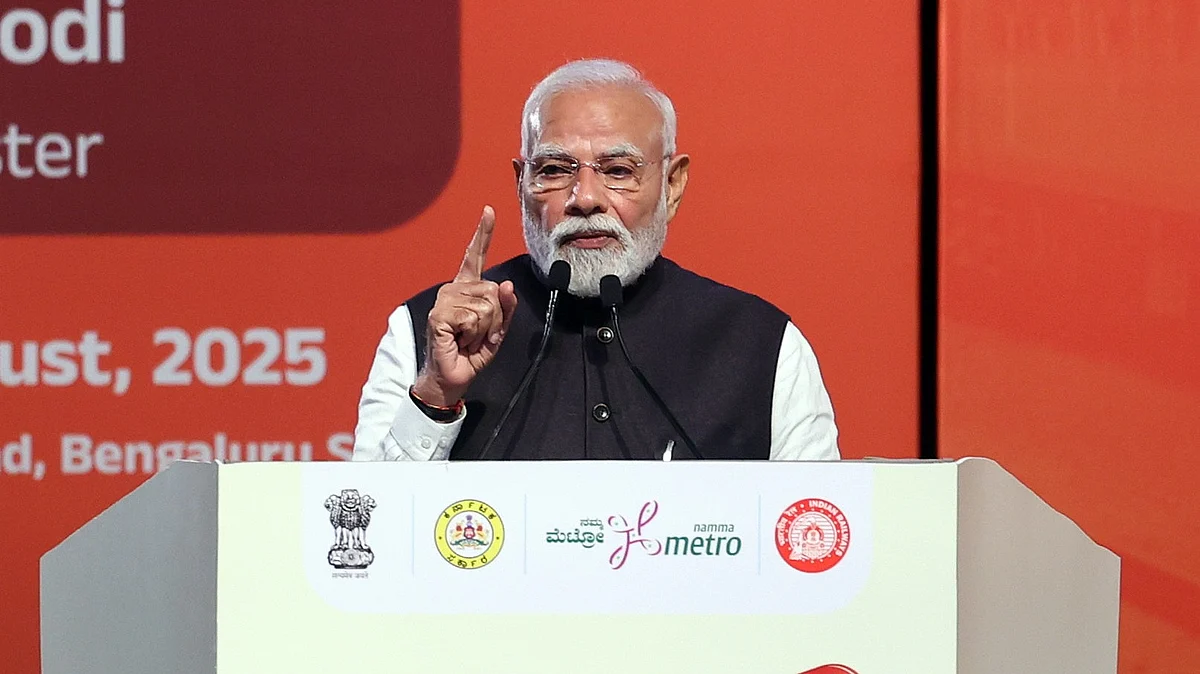Bengaluru: Prime Minister Narendra Modi on Sunday said India is moving fast towards becoming the third major economy in the world and this momentum was achieved through the spirit of "reform, perform and transform".
The Prime Minister's comments come days after US President Donald Trump's "India a dead economy," jibe.
Modi said that during the past 11 years, India's economy has grown from the 10th position to the top 5 globally, and is rapidly progressing towards becoming one of the top three economies.
Laying the foundation stone for Bangalore Metro Phase-3 project here and after flagging off 3 Vande Bharat Express trains and inaugurating the Metro Rail Yellow line, the prime minister in his address outlined growth across sectors and said such achievements strengthened the resolve of Aatmanirbhar Bharat.
"We are moving fast to become one of the top three economies of the world. How we got this speed? We got it through the spirit of reform, perform and transform," he said adding the speed was achieved through clear intention and honest efforts.
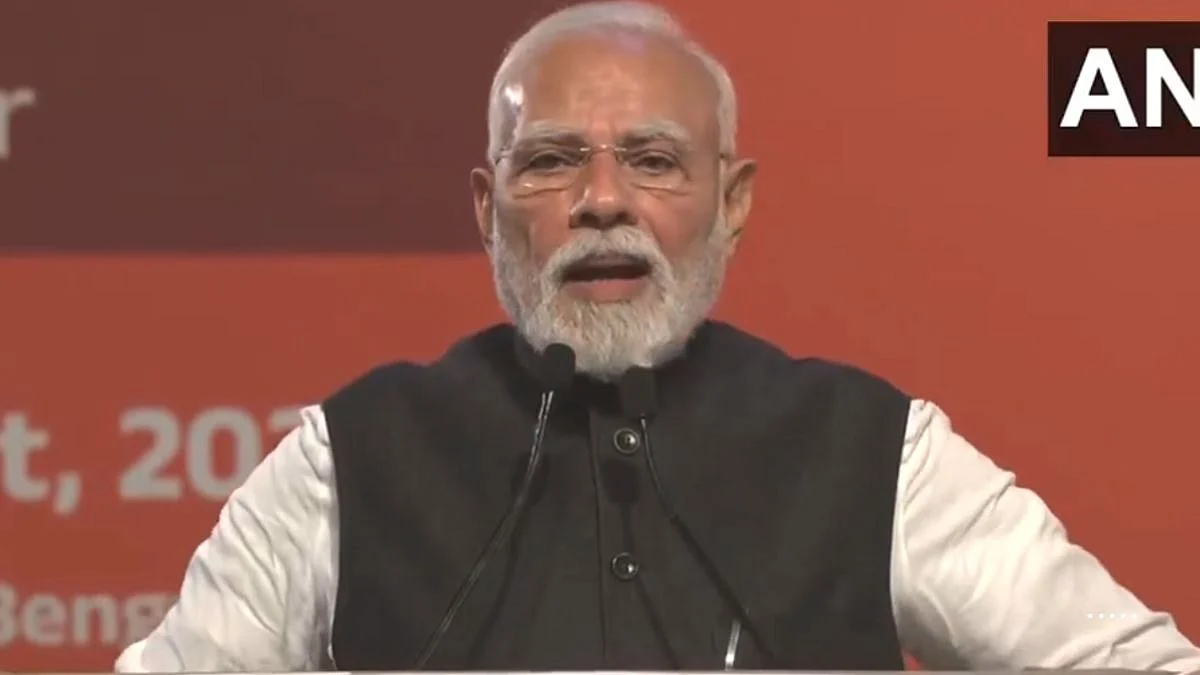
On infrastructure growth, the Prime Minister said in 2014, metro rail services were confined to just five cities. Today, metro rail networks span over 1,000 kilometers across 24 cities, making India the third-largest metro network globally.
Since independence, till 2014, only 20,000 km rail network had been electrified. During 11 years alone, from 2014 to 2025, it has increased to 40,000 km. Similarly, from 74 airports in 2014, the nation today has more than 160 and likewise, the national waterways has gone up to 30 from only 3.
India has also taken a big leap in the education and health sectors.
"Till 2014, there were 7 All India Institute of Medical Sciences (AIIMS) and 387 medical colleges. It has now gone up to 22 AIIMS and 704 medical colleges, that are serving the people." In the past 11 years, more than a lakh new seats have been added to the medical colleges across the country. The IITs increased from 16 to 23, IIITs from 9 to 25 and IIMs from 13 to 21. Today, there are more opportunities available for students in the higher education sector.
As the nation progresses rapidly, the lives of the poor and marginalised are transforming at the same pace.
"Before 2014 the total export was USD 468 billion but today it is USD 824 billion. We used to import mobile phones but now we are the top five exporters of mobile handsets. Our electronic export before 2014 was USD 6 billion which has gone up to USD 38 billion dollars," Modi said. India's automobile export before 2014 was USD 16 billion dollar and now it is more than double, making India the fourth major automobile exporter globally.
"These achievements give strength to our concept of Atmanirbhar Bharat (self-reliant India). We will march together, and build a developed India." Further, the PM said the next big priority should be becoming self-reliant in technology. Indian tech companies have made a mark globally, developing software and products for the entire world.
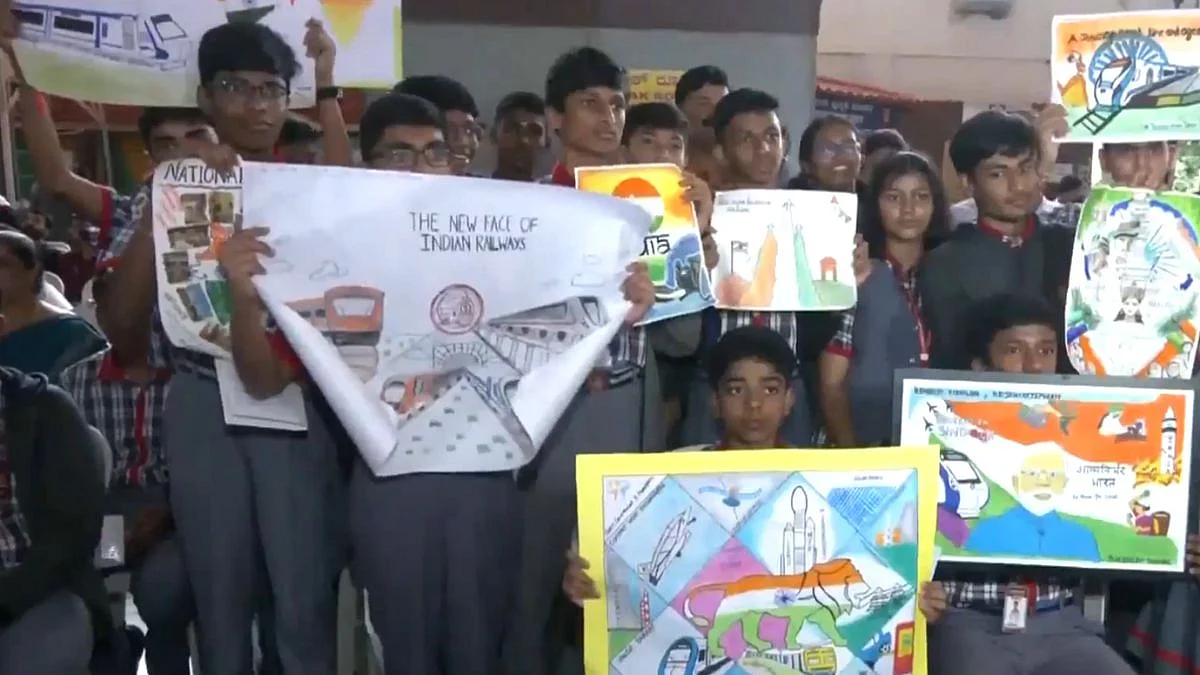
Batting for focused efforts to lead in emerging fields, he stressed the need to strengthen Bengaluru and Karnataka's presence in 'Make in India' and the manufacturing sector. He urged that India's products must adhere to the 'Zero Defect, Zero Effect' standard, meaning they should be flawless in quality and have no negative impact on the environment. He expressed confidence that Karnataka's talent will lead the vision of Aatmanirbhar Bharat.
The journey towards 'Vikasit Bharat' would move ahead alongside Digital India. By way of initiatives like the India AI Mission, India is advancing towards global AI leadership.
"India is moving to assume the role of global leadership in the domain of Artificial Intelligence. Semiconductor mission is also gaining pace. India will soon get Made in India chip," he said.
As regards space missions, he said India has become an example of "low-cost hi-tech space missions", which means that India is moving ahead in areas of futuristic technologies.
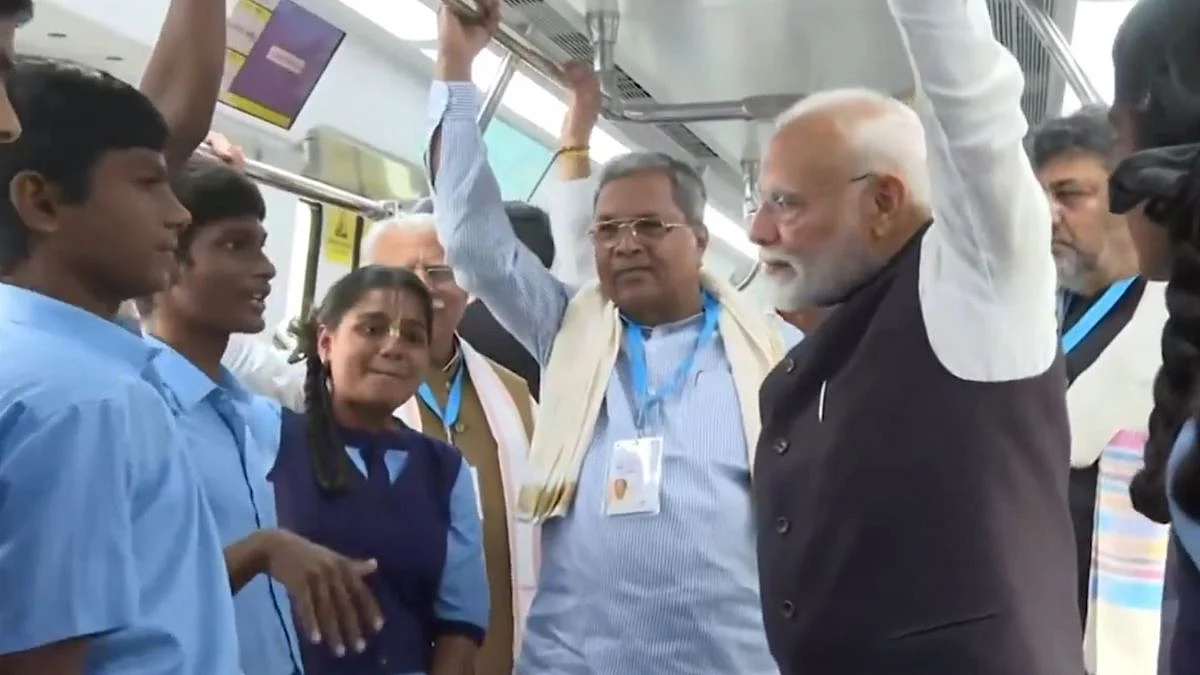
The specialty of such advancement is empowerment of poor and digitisation has reached every village. Through UPI, India accounts for over 50 per cent of the world's real-time transactions, he underlined.
Governor Thaawarchand Gehlot, Chief Minister Siddaramaiah, Union Ministers Manohar Lal, H D Kumaraswamy, Ashwini Vaishnaw, V Somanna, Shobha Karandlaje were present.
(Except for the headline, this article has not been edited by FPJ's editorial team and is auto-generated from an agency feed.)

